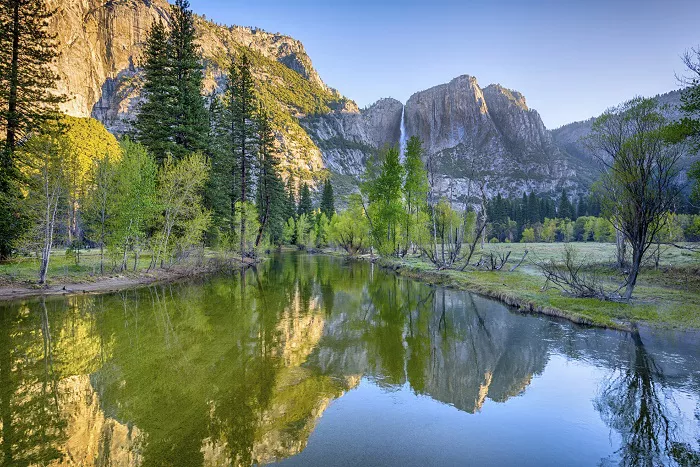BRECKSVILLE, Ohio — Visitors to national parks across the United States, including Cuyahoga Valley National Park in Northeast Ohio, have encountered new signage installed in response to the federal government’s recent initiative titled “Restoring Truth and Sanity to American History.”
The signs encourage visitors to identify areas within the parks needing repair or service improvements. More notably, they request guests to report any signage or information perceived as negative toward past or present Americans, or that fails to highlight the natural beauty, grandeur, and abundance of the parks’ landscapes.
Crystal Davis, representing the National Parks Conservation Association, explained that these signs prompt visitors to submit comments on content they believe disparages Americans or American history. Davis highlighted that such content could include references to sensitive historical topics, such as abolitionists or slavery.
The National Park Service’s Office of Public Affairs provided a statement regarding Secretary’s Order 3431, which mandates the review and potential restoration of historical monuments, markers, and memorials altered or removed since 2020. The directive aims to ensure public lands accurately reflect American history and heritage. The statement emphasized the agency’s commitment to preserving the integrity of the nation’s historical legacy for future generations and noted that implementation of the order is underway.
At Cuyahoga Valley National Park, multiple signs have been placed in prominent visitor locations, including the lobbies of the Boston Mill Visitor Center and Canal Exploration Center, as well as bulletin boards at the park’s busiest trailheads. According to a park spokesperson, the initiative underscores the importance of accurate storytelling in American history and fosters visitors’ connection to the country’s landscapes and multicultural heritage free from partisan influence.
Despite the official support, some advocates express concern. Davis criticized the signage effort, describing it as an attempt to silence truthful narratives about the nation’s history and a threat to freedom of speech. “You have to know where you’ve been, to understand where you can go and what’s possible moving forward,” Davis said.
The Conservancy for Cuyahoga Valley National Park also issued a statement affirming the park’s ongoing dedication to honoring the complexity of shared history. The organization encouraged visitors to engage with the feedback process, noting that soliciting public input is a standard practice of the National Park Service. They emphasized the goal of ensuring that all stories are represented and all people feel welcome in the park.
This latest directive and its implementation continue to spark debate over how American history is presented in public spaces, reflecting broader national conversations about heritage, memory, and identity.

